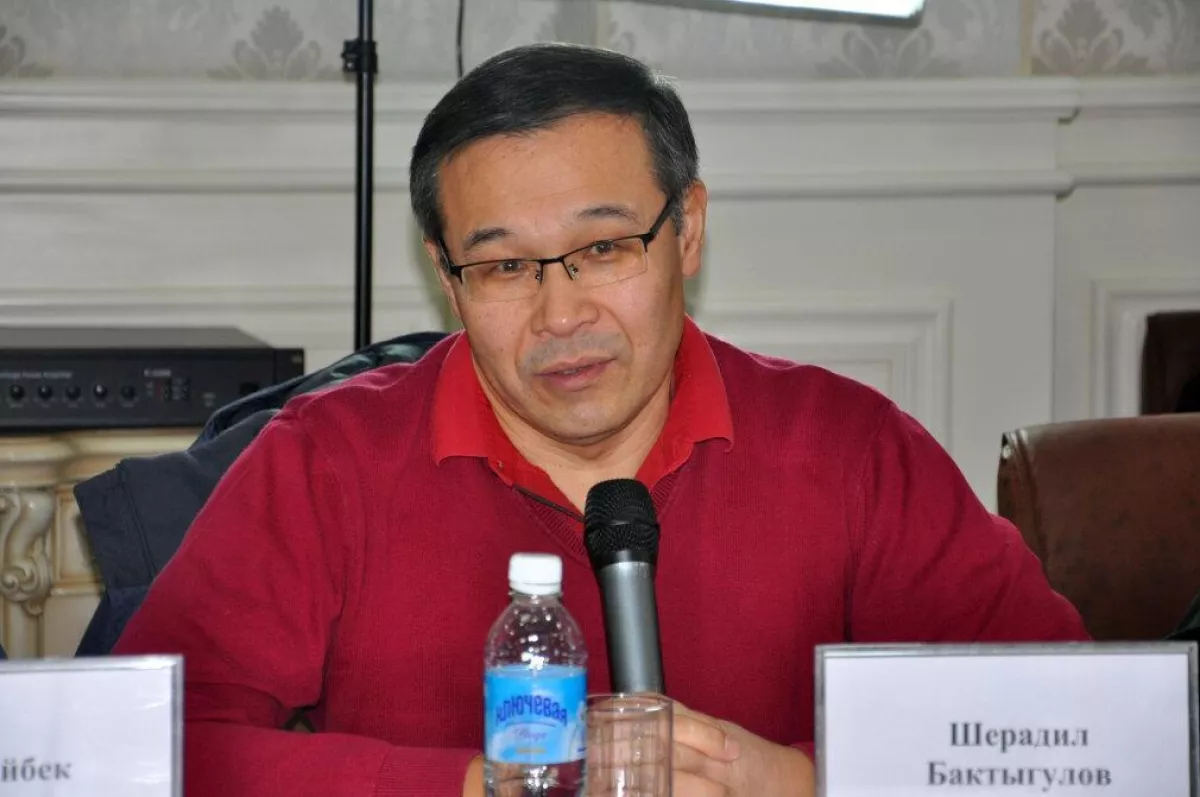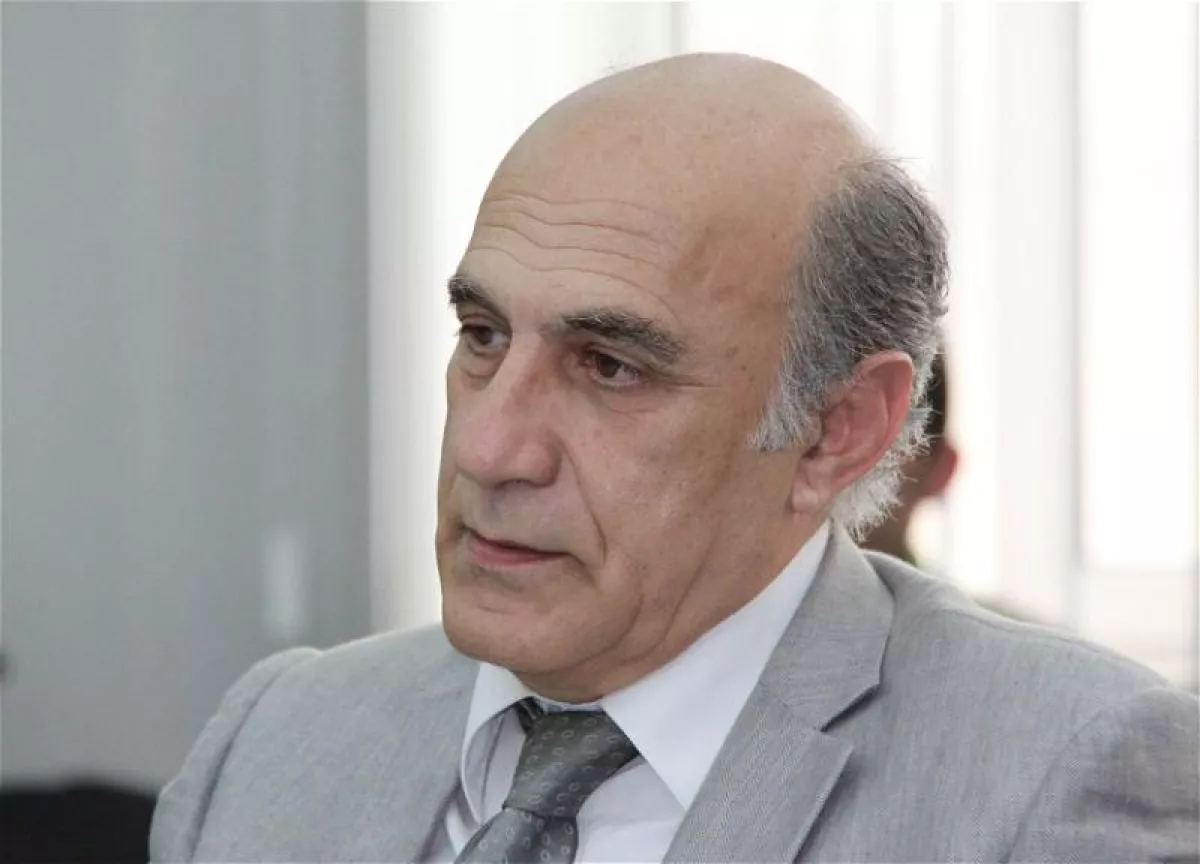Pashinyan's pre-election playbook: Purge, intimidation, and arrests Azerbaijan and Russia labeled “Armenia’s enemies”
In the wake of recent arrests, Armenian Prime Minister Nikol Pashinyan has directed his government to rapidly enhance party unity within state governance structures, according to Armenian media reports.
Previously, the country's Investigative Committee (IC) announced that officers from the National Security Service (NSS) thwarted an attempted military coup orchestrated by a group of Armenian citizens and individuals from Karabakh. Authorities are reportedly attempting to link this significant case to the Arbat group, which is allegedly involved in the war in Ukraine on behalf of the Russian Federation, using this situation as a pretext for decisive measures to consolidate administrative control, as noted by VERELQ.
Armenian media outlets indicate that local government officials and members of budgetary organizations have been ordered to align themselves with the ruling Civil Contract Party (CCP) by October 10.
Officials are reportedly facing intimidation tactics, such as reductions in bonuses, obstacles to taking vacations, and threats of corruption-related criminal charges for those who refuse to join the party for ideological reasons. Furthermore, the bureaucratic apparatus is being pressured to publicly criticize the opposition and its agenda through official social media channels and at public events.
The authorities are also prepared to exert pressure on the country's business elite to rally around the CCP and align with the Prime Minister's Western-oriented agenda.
The Prime Minister's recent domestic political strategies indicate preparations for the parliamentary elections in 2026 or possibly a referendum. To achieve this, he requires a bureaucratic apparatus and loyal officials firmly under his control.
With the opposition currently passive and seemingly on a “time-out,” Pashinyan is capitalizing on this lull to fragment his opponents and attract their electorate. His approach aims to “cleanse” Armenia's political landscape of anti-Pashinyan factions and pockets of resistance. To facilitate this, the authorities are employing tactics that include compromises with officials and threats of dismissal.
So, where will these efforts by the ruling party ultimately lead? Can Pashinyan’s team successfully dismantle significant opposition groups through these measures and secure victory in upcoming elections?
Prominent experts have shared their insights on these developments with Caliber.Az.

Sheradil Baktygulov, the Director of the Institute of World Politics in Bishkek, highlighted that Armenia is currently navigating one of the most challenging periods in its history.
He stated, “Armenia is facing the dilemma of its existence — it's a question of to be or not to be. How did we arrive at this point? The restoration of constitutional order and sovereignty in Karabakh by Azerbaijan is perceived by many Armenians as a betrayal. Consequently, a profound division has emerged within Armenian society.
Previously, the rift between opposing factions was primarily rooted in economic issues; however, following the Second Karabakh War, ideological divisions have come to the forefront, particularly accusations of ‘surrendering Karabakh.’ This has led to a significant increase in the number of groups dissatisfied with Prime Minister Pashinyan's policies, thereby amplifying the protest base. The only viable solution lies in the consolidation of society. Therefore, Prime Minister Nikol Pashinyan and his team are working tirelessly to achieve this unity by any means necessary.”
Baktygulov pointed out that one of the easiest strategies for the Armenian authorities to foster unity among citizens is to create an image of a common enemy.
“Russia and Azerbaijan have been designated as Armenia's enemies, blamed for all of Armenia's difficulties. Ironically, Azerbaijan is a neighbour with whom amicable relations could be beneficial, especially since distancing from Russia necessitates finding alternative sources for oil, gas, markets, and essential goods — all of which Azerbaijan possesses. However, Armenia has adopted a stance that demands constant pressure on Azerbaijan to compel its cooperation, often with the support of certain Western countries.
Another tactic employed by the authorities is to compel all citizens reliant on state support to align with the ruling powers. This involves both direct coercion, such as mandating membership in the ruling party, and 'persuasion' through the arrests of individuals accused of attempting to seize power. The range of these methods is broad, but they all share a common objective: to indoctrinate the populace into believing that the country is under threat and that only the current authorities can save it.
Whether these tactics will ensure victory in the upcoming elections remains uncertain. Nonetheless, it is evident that this policy toward Azerbaijan is set to persist, with occasional peaks of hysteria evident in social media and traditional media. Therefore, it is essential for Azerbaijan to remain resilient and composed, resisting the urge to engage in various provocations,” Baktygulov concluded.

Political scientist and professor at West Caspian University, Fikret Sadykhov, emphasizes that it may be time for Armenian Prime Minister Nikol Pashinyan to tighten his grip on power. This involves consolidating his regime, eliminating opponents, and leveraging security forces to fortify his control over Armenia.
“While doing so, Pashinyan projects an image of advancing the so-called democratization of society. In his view, the elimination of political adversaries and opposition leaders will accelerate democratic processes. Additionally, it is crucial for him to attribute these challenges to external forces allegedly backing coup attempts, which could yield political dividends in the eyes of both the Western community and his domestic supporters. This approach enables Pashinyan to address various issues related to what he perceives as a necessary ‘cleansing’ of the political landscape,” Sadykhov explained.
He argues that Pashinyan's actions are driven by a need to tackle both domestic and foreign policy challenges in a crisis context, to strengthen ties with countries he deems significant, and to silence dissenting voices that oppose his political trajectory.
“With parliamentary elections looming, a comprehensive and qualitative purge of the political arena is essential. This process appears to have already begun. Moreover, Pashinyan enjoys the backing of certain political factions in Europe, which bolsters his confidence in the course he is pursuing in Armenia,” Sadykhov stated.
However, he cautions that for Pashinyan to achieve stability and ensure the longevity of his regime, signing a peace agreement with Azerbaijan is crucial. This necessitates addressing the obstacles highlighted by Baku, particularly those related to constitutional issues and other contentious matters. According to Sadykhov, these steps may be vital for Pashinyan to maintain power in the longer term.








